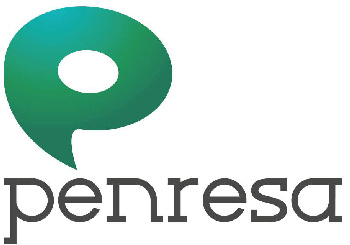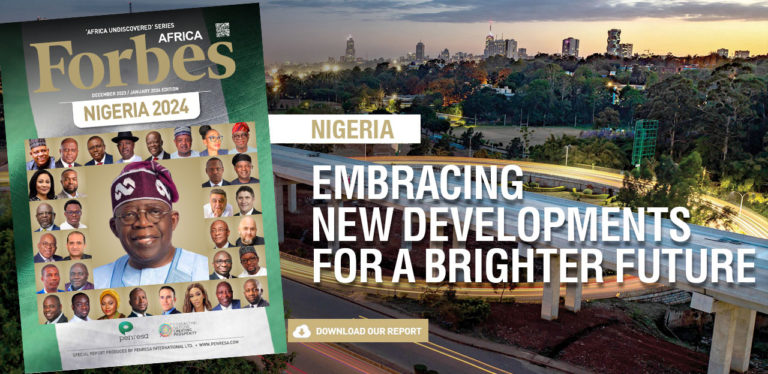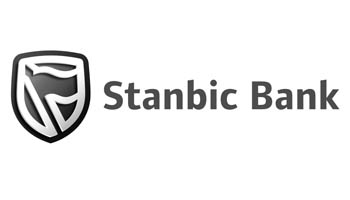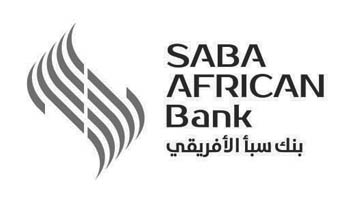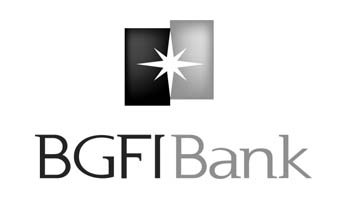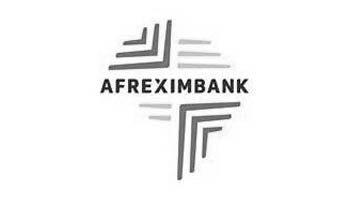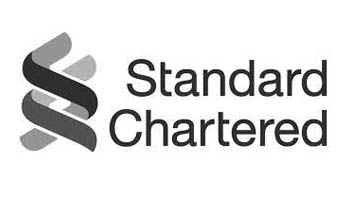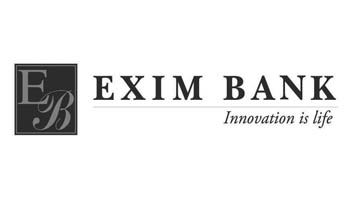“The need for creative thinking to leverage our oil and gas production for national development is a charge for us to keep, and we must not fail our people,” stated President Akufo-Addo.
It is with this statement that reiterated the commitment of his government to pursuing initiatives to expand Ghanaian participation in all aspects of the oil and gas industry. And so, 10 years after discovering oil in 2007, the government, through the Ministry of Energy, Petroleum Commission and GNPC, is working closely with other licensees and contractors to ensure that the country’s petroleum resources are exploited in a sustainable manner for the benefit of the people of Ghana. “As far as I’m concerned,” states Dr. Kofi Koduah Sarpong, CEO of Ghana National Petroleum Corporation (GNPC). “The Commission is overseeing the formulated laws and GNPC is actively interested to help us position our people to have a greater say in the economic activities surrounding this whole venture.”
With West Africa’s population set to reach some 500 million people in 20 years’ time, President Akufo-Addo indicated that there are immense opportunities to bring prosperity to West Africa, with hard work, enterprise and creativity. The recent launch of the Sankofa oil and gas project, managed by Italian oil company ENI, will produce 45,000 barrels-per-day forming the first phase of the US$7.9 billion Offshore Cape Three Points project (OCTP). It is also expected to deliver up to 180 million cubic feet of natural gas per day by the end of next year, more than doubling domestic gas supply. The project, which was completed three months before schedule and under budget, will, according to Vice President Mahamudu Bawumia, “ensure a reliable energy supply and private sector investment” to support economic activities and keep the country on the sustainable pathway to Ghana’s gas supply and consequent energy independence.
Ghana already produces oil from two major fields including the country’s flagship Jubilee block which came on stream in late 2010. Essentially, the addition of production from the OCTP to those of the Tweneboa-Enyenra-Ntomme (TEN) and Jubilee fields would significantly enhance the gas supply for domestic power generation. “The TEN and Jubilee fields definitely derisked our basin for more international companies to come in,” according to GNPC’s Dr. Sarpong. “Since then we’ve been lucky to have ENI in partnership with VITO and us, bringing in the latest oil findings of oil, with gas soon following. We don’t have much capacity locally to generate the right capital for this kind business. So, naturally, we’re going to depend on international capital to come in.”
Additionally, the second phase of the Sankofa project will rely on the support services of small and medium enterprises (SMEs) as part of the supply chain development, thereby creating opportunities for new and existing businesses in the country. Indeed, more than $1.8 billion worth of contracts have been awarded to indigenous Ghanaian companies under this project.
One slight hiccup has been the disagreement between Ghana and Ivory Coast over their maritime boundary, frustrating projects to pump oil and gas offshore. However, the Chamber of the International Tribunal of the Law of the Sea (ITLOS) unanimously ruled in favour of Ghana on September 23, 2017, stressing that there was no sign of violation on behalf of Ghana. Akufo-Addo’s administration has consistently emphasized that peace and stability in the region are essential to the viability of the ECOWAS market. Boakye Agyarko, Ghanaian Minister of Energy elaborates upon the importance of maintaining pacific and amicable dealings with neighbouring countries. “This oil may be gone in another 50 or 100 years. Ghana and the Ivory Coast will continue to exist after this. That is the lesson we have to learn.” He goes on to state, “Our objective is to create a new Rotterdam in the western region…We’ll have trading, refining, storage and transportation facilities that serve the entire ECOWAS market.”
In order to encourage competitiveness of price the government has laid the foundation for the Gas Master Plan by setting up infrastructure to facilitate the reverse of gas flow from Takoradi in the Western region to Tema in the greater region of the country. These plans plus the private sector development of the Sakofa projects are surefire ways that low gas prices can be guaranteed and, eventually, low electricity tariffs to stimulate development. The current administration and all Ghanaians should be confident that the current work will open up the region for infrastructural development and consequent economic growth, ultimately in line with the grand plan of making the Western Region a key growth post for the country.
